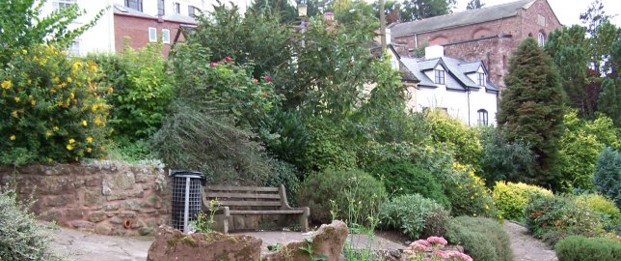Visitors to Ross who wander down to the riverside or from the river up to the town may well walk through the
Blake Memorial Gardens and wonder just who was Thomas Blake and why he is commemorated by this lovely garden.
Thomas Blake (1825 – 1901) was the youngest of the 6 children born to his parents William and Mary who owned a hardware shop in Station Street, currently, and aptly,
The General Tool Store. They also manufactured metal goods and later there was the Blake Brothers’ Foundry (the drain covers in the garden were manufactured by it).
From an early age Thomas was a pious and industrious child working hard at school and regularly attending the Independent Chapel in Kyrle St. He went on to become one of Ross’s most notable citizens, one of its wealthiest and its greatest benefactor.
Schooling
Blake first attended school in the
Market House, now listed as an Ancient Monument by Historic England and where you will find
Made in Ross, an artists collective selling locally made art and crafts. It is also one of 7 businesses in the town designated as a Tourist Information Site by the Ross-on-Wye Tourism Association.
1
Aged 10 Thomas moved to the
Walter Scott Blue Coat School in Old Gloucester Road, now owned by Kirintec. He spent 3 years studying there before progressing to the
British and Foreign School in Wye Street. After school came an apprenticeship to a draper in Bristol but 14 months in Blake decided he wanted to become a teacher and returned to Ross now aged 17. He enrolled at the British and Foreign School once again but this time as a “pupil teacher,” and continued to study, resulting in the offer of a teaching job in Buckinghamshire within a year of returning.
It was then that a quirk of fate occurred that was to change the course of Blake’s life. At the post office, which was then in St Mary’s St, as he was about to have his letter accepting the teaching post stamped, the Postmaster informed him he was looking for an assistant. Blake decided to apply for the Assistant Postmaster job rather than the teaching one, was successful, and so remained in Ross.
Workaholic
For the next few years Thomas worked all the hours he could. In addition to his Post Office duties he kept books for other businesses, became an estate agent, an advertising agent, a reporter for The Hereford Times and secretary to a variety of organisations. He and his wife Ellen, whom he married in 1844, were soon able to move from their modest terraced house in
The Crofts to
Portland Villa in Gloucester Rd.
So industrious was he and having amassed a huge fortune by 1868, aged 43 Thomas Blake was able to retire. By then he and Ellen were living in
Lebanon, a large, ornate house they had built on Walford Road, now called Green Heys.
Contribution to the Community
Blake was involved with all the local charities, associations and public institutions that worked to relieve the poor and improve Ross.
He was also responsible for:
- Providing a free library, reading room, gymnasium, croquet lawn and bowling green in Broad St. Now Ohhhhhs! And Luchair
- Financing most of the project to build a new Baptist Church in Broad St 1881
- Securing the future of The Prospect Garden by buying the land and giving it in perpetuity to the people of Ross
- Providing Ross with a freshwater supply
- Anonymously donating coal and food to the residents of Ross Alms Houses regularly over 30 years
- Having many of the Alms Houses modernised
Other Roles
Thomas Blake was a renowned lay preacher who travelled the country to address Baptist congregations. He stood for Parliament twice and was elected MP for Leominster 1875-1880 and for The Forest of Dean 1885. In 1893 Thomas Blake was appointed Justice of the Peace.
1Tourist Information Sites in Ross
- Made in Ross at The Market House open daily 10am – 4pm
- Ross Information Service at The Corn Exchange in High Street open Monday to Friday 9.30am – 1.30pm
- Priory Coffee House in High Street open 9am – 4pm Monday to Friday
- Mandy Moos Café in Cantilupe Road open 9.30am – 3pm Monday to Saturday
- Return to Splendour in Gloucester Road open 10am – 6pm Monday to Saturday & Noon to 4pm some Sundays
- Raglan House Café & Guest House in Broad Street open daily
- Hope Treasures Café & Gallery at The Hope & Anchor by the riverside open 11am – 4pm daily April to October and in The Hope & Anchor 11am – 11pm daily November to March.


